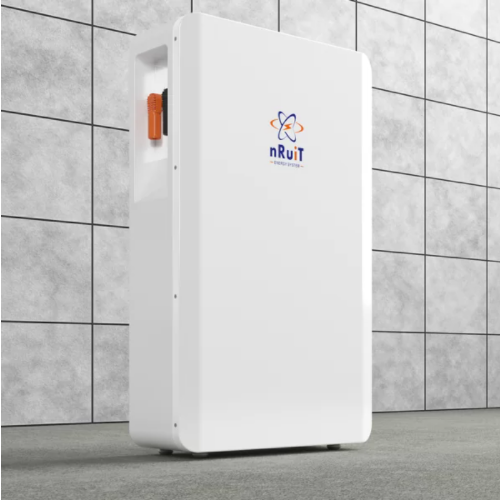Battery storage technology is the formula behind speeding up the process of replacing fossil fuel with completely renewable energy. Battery storage or battery energy storage systems are devices that can store electrical energy.
Although there are many types of battery storage systems, picking the right one is crucial. However, considering many factors like cost, efficiency, size, and maintenance, lithium iron phosphate batteries seem to hold the sweet spot for solar energy storage owners.
LiFePO4, popularly known as lithium iron phosphate battery, is one of the most robust and durable batteries available on the market today. This type of battery is safe to use, has long life cycles and impressive ratings.
In this article, we will mainly discuss the lifespan of the lithium iron phosphate battery, and how to look after the battery.

The lifespan of the lithium iron phosphate battery
The battery’s lifespan is measured with the number of cycles the battery can discharge without losing any performance. One cycle means a fully charged battery gets fully discharged and charged back up again. On the other hand, the lifespan is calculated using how many charge cycles the battery can go through with a good dept of charge.
Lithium iron phosphate batteries usually are rated for approximately 4500 to 5000 charge cycles with an impressive 80% depth of charge. If you plan on spending one charge cycle each day, the battery is meant to last over 12 years.
Due to this impressive lifespan of lithium iron phosphate batteries, many people choose this battery to be the first choice for solar energy.
Looking after your lithium iron phosphate batteries
Being one of the most durable and long-lasting batteries, lithium iron phosphate has slowly become one of the most popular in the industry. There are a few steps to ensure that your lithium iron phosphate batteries provide their maximum performance for years to come.
- Charge the lithium iron phosphate battery correctly
To ensure the best performance during its lifespan, you need to charge your lithium iron phosphate battery correctly. One of the leading causes of lifespan degradation and low performance of batteries is overcharging.
The maximum voltage of each lithium iron phosphate cell is roughly 4.2 V. But it is always advised to charge it up to 3.2 V per cell. This way will ensure a lower temperature while charging and keep your batteries from sustaining significant damage over the long run.
- Proper terminal mount
Opting for the proper terminal mount is crucial for your lithium iron phosphate batteries. However, if you are unsure which terminal mount is perfect for your cells, you can check with your manufacturer for more information.
In addition, after ten days of installation, you must check to make sure the terminal bolts are still tight and secure. If the terminal is loose, it will cause a high resistive zone that draws power and causes heat generation.
- Store the lithium iron phosphate battery carefully
Proper storage of your lithium iron phosphate battery is also essential if you want to look after them properly. During the winter season, when power demand is low, you need to store your batteries properly.
The longer you plan on storing your battery, the less flexibility you will have with the temperature. For example, if you want to store your batteries for one month only, your storage can have a temperature of anywhere around -20 °C to 60 °C. But if you want to store it for more than three months, the storage needs to have a temperature between -10 °C to 35 °C.
For storing for an extended period, 15 °C to 30 °C is the recommended temperature for your storage.
How nRuit can help you

nRuiT is a CATL authorized energy storage system integrator looking to provide the end-users best lithium battery energy storage solution.
Our residential energy storage system provides maximized self-consumption and stable emergency power backup. The Power Porter solution is for the home energy storage system, uses LiFePO4 Battery Cell. The advantages of our products are safe, long lifespan, and are easy to install.
If you are looking for a reliable supplier, contact us!

